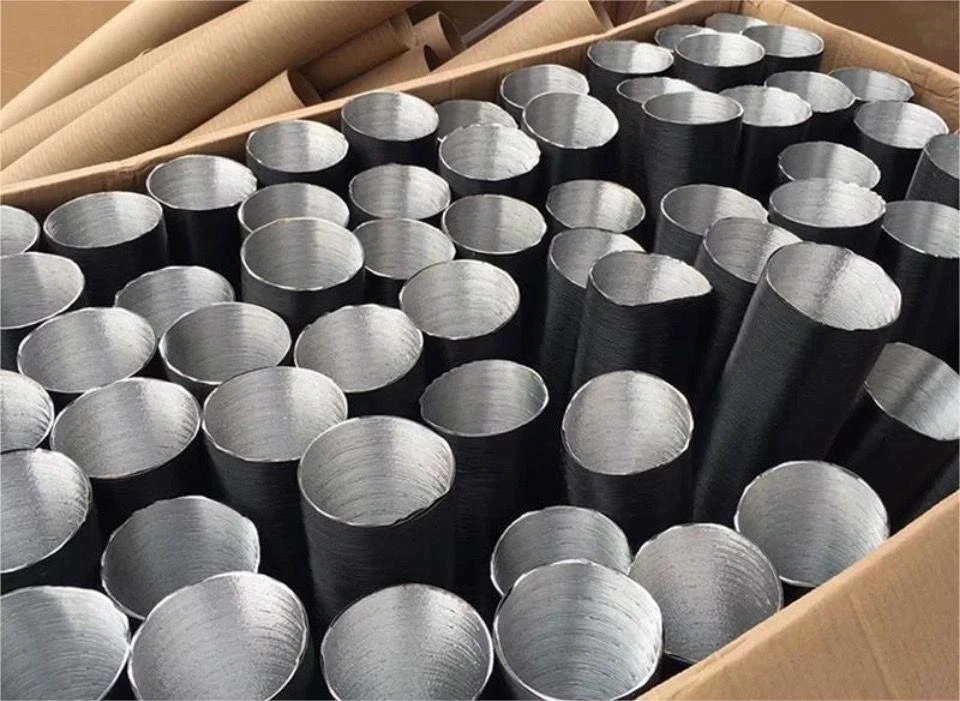LPG Hose Pipe for Safe and Efficient Gas Transportation Solutions
The Significance of LPG Hose Pipes in Modern Applications
Liquefied Petroleum Gas (LPG) has become an essential source of energy globally, powering everything from household appliances to industrial machinery. One of the key components that facilitate the safe and efficient use of LPG is the LPG hose pipe. These specialized hoses are designed to transport LPG from storage tanks to various applications, ensuring that the gas is delivered safely and effectively.
Understanding LPG Hose Pipes
LPG hose pipes are specifically engineered to handle the unique properties of LPG. Unlike conventional hoses, they are crafted from materials that can withstand high pressures and are resistant to the chemical properties of gas. Typically made from synthetic rubber or thermoplastic materials, LPG hoses are designed to be flexible, lightweight, and durable, making them ideal for various applications.
Safety Features
Safety is of paramount importance when dealing with LPG, which is highly flammable and can pose serious hazards if not handled correctly. LPG hoses come equipped with several safety features, including
1. Burst Pressure Ratings High-quality LPG hoses are designed to withstand significant internal pressures, minimizing the risk of ruptures or leaks. 2. Thermal Resistance Many hoses are engineered to resist high temperatures, which is crucial in preventing degradation and potential failure during operation.
3. Leak Detection Some hoses incorporate features that allow for early leakage detection, ensuring prompt action can be taken to prevent accidents.
4. Reinforcement Layers The inclusion of multiple layers in the construction of LPG hoses provides added strength and reduces the likelihood of wear and tear over time.
Applications of LPG Hose Pipes
LPG hoses have a wide range of applications across various industries
1. Residential Use In households, LPG hoses connect gas cylinders to stoves, heaters, and other appliances. Safe, reliable hoses ensure that homeowners can cook and heat their homes without worry.
lpg hose pipe

2. Industrial Applications Factories and industrial plants frequently use LPG for processes that require high temperatures or as a fuel source for machinery. LPG hoses are essential for transporting gas safely throughout these facilities.
3. Agriculture Many agricultural operations utilize LPG for heating elements and as a fuel source for tractors and other farm equipment. LPG hoses help deliver gas efficiently in these settings.
4. Catering and Food Services Mobile catering units and food trucks often rely on LPG for cooking. Reliable hose pipes are crucial for their operations, allowing them to prepare meals in various locations without compromising safety.
Choosing the Right LPG Hose Pipe
When selecting an LPG hose pipe, several factors must be taken into consideration to ensure safety and functionality
1. Material Choose hoses made from durable, high-quality materials that meet the safety standards for gas transportation.
2. Length and Diameter The length and internal diameter should match the requirements of your specific application to ensure optimal gas flow.
3. Compliance Standards Always verify that the hose complies with local and international safety regulations and standards relevant to LPG usage.
4. Regular Inspection It is vital to regularly inspect hoses for signs of wear, damage, or degradation to ensure continued safety.
Conclusion
LPG hose pipes are indispensable in the modern energy landscape, enhancing the safety and efficiency of LPG use across various applications. Their robust design, coupled with essential safety features, allows for the reliable transport of liquefied petroleum gas in residential, industrial, agricultural, and culinary settings. As we continue to embrace LPG as a reliable energy source, the role of quality LPG hose pipes will only become more significant. By choosing the right hose and maintaining it properly, users can ensure safe operations and enjoy the many benefits that LPG offers.
-
Top Quality Oxy Acetylene Hoses for Sale Fit for Welding DemandsNewsJul.28,2025
-
The Future of Pneumatic Air Tubes in IndustryNewsJul.28,2025
-
Superior and Reliable LPG Hose Pipe Solutions for Every NeedNewsJul.28,2025
-
Exceptionally Durable and Versatile Premium Braided PVC TubingNewsJul.28,2025
-
Best Adapters for Connecting Garden Hose to PVC Pipe ConnectionsNewsJul.28,2025
-
The Essential Role of LPG Hoses in Safe and Efficient Gas DistributionNewsJul.16,2025














